Home>Articles>How Long Do Batteries Last In A Smoke Detector?
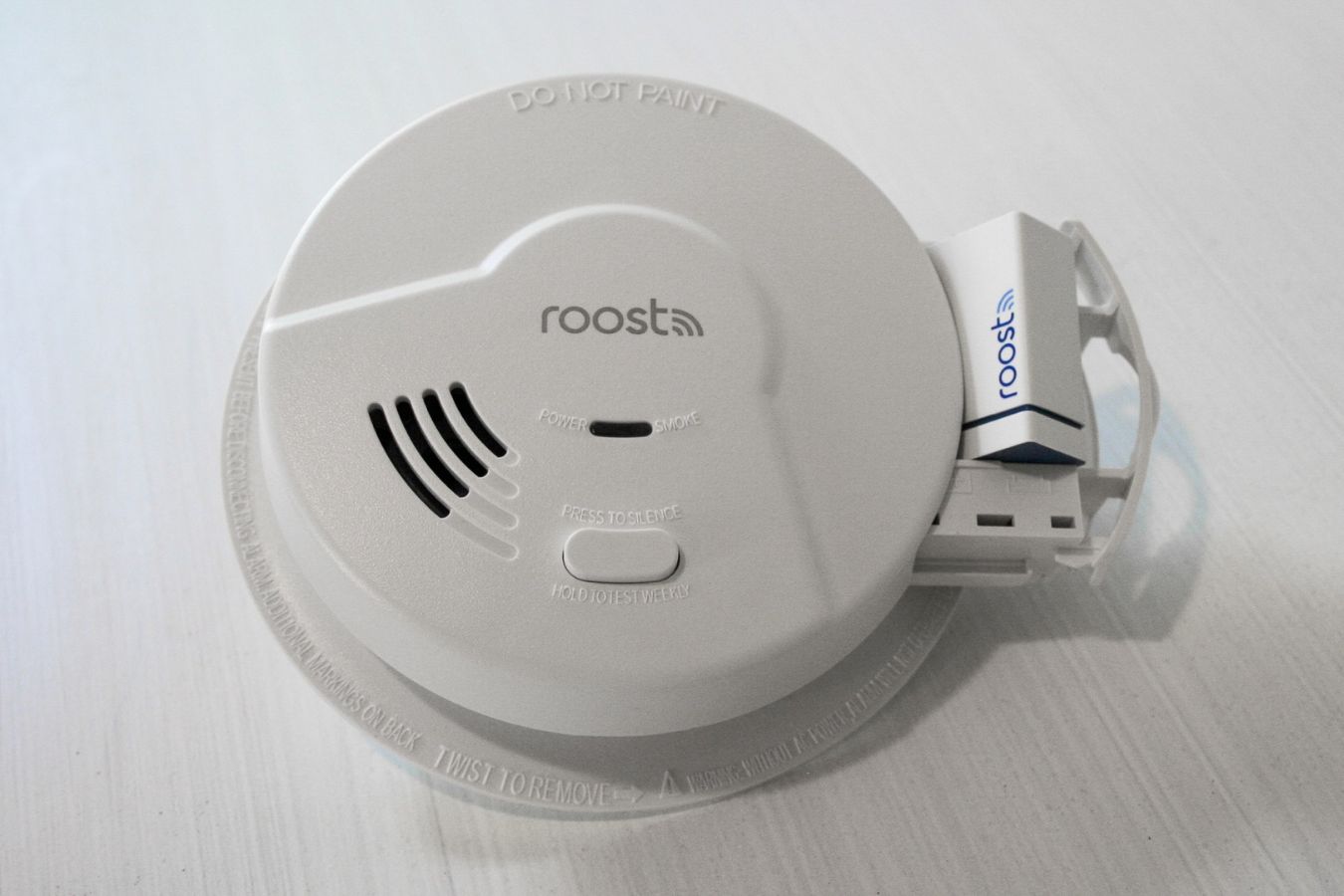

Articles
How Long Do Batteries Last In A Smoke Detector?
Modified: February 24, 2024
Learn how long batteries typically last in a smoke detector. Read our informative articles to find out more about battery lifespans in smoke detectors.
(Many of the links in this article redirect to a specific reviewed product. Your purchase of these products through affiliate links helps to generate commission for Storables.com, at no extra cost. Learn more)
Introduction
Smoke detectors are a vital component of any home’s safety system, alerting us to the presence of smoke and potential fires. As with any electronic device, smoke detectors require a power source to function effectively. In most cases, this source is a battery. However, it is important to understand how long a battery can last in a smoke detector to ensure its continued reliability.
Several factors can affect the lifespan of a battery in a smoke detector. Understanding these factors can help homeowners make informed decisions about battery replacement and ensure the safety of their household.
In this article, we will explore the factors that influence the battery life in a smoke detector, the types of batteries commonly used, the average lifespan of different battery types, signs of a low battery, the importance of regular maintenance, and tips for extending battery life in smoke detectors.
By the end of this article, you will have a comprehensive understanding of battery life in smoke detectors and how to effectively manage and maintain them in your home.
Key Takeaways:
- Regularly checking and replacing smoke detector batteries is crucial for home safety, ensuring early warning, preventing false alarms, and complying with regulations. It provides peace of mind and continuous protection for your loved ones.
- Opt for high-quality batteries, keep detectors clean, maintain optimal temperature, and replace batteries together to extend their lifespan. Stay alert to low battery indications and prioritize the safety of your home.
Factors Affecting Battery Life in a Smoke Detector
Several factors can impact the lifespan of a battery in a smoke detector. Understanding these factors can help homeowners identify potential issues and take appropriate action to ensure their smoke detectors remain fully functional. Here are the key factors to consider:
- Type of Smoke Detector: The type of smoke detector you have installed can have a significant impact on battery life. There are two main types: ionization smoke detectors and photoelectric smoke detectors. Ionization smoke detectors tend to use more power and may require more frequent battery replacements.
- Battery Quality: The quality of the battery you use can make a difference in how long it lasts. Opting for high-quality, long-lasting batteries can extend the lifespan of your smoke detector.
- Number of Detectors: If you have multiple smoke detectors installed throughout your home, the battery life can be affected. The more detectors you have, the more frequently you may need to replace the batteries.
- Environmental Factors: The environment in which your smoke detectors are located can impact battery life. Extreme temperatures, high humidity, and excessive dust can all contribute to quicker battery drain.
- Test Button Usage: Regularly pressing the test button on your smoke detector can drain the battery faster. While it is important to test your smoke detectors regularly, avoid excessive testing to extend battery life.
It’s important to note that smoke detectors often emit a low-power signal to check the battery’s condition. The battery’s power drain during these checks is minimal and should not significantly affect overall battery life. However, it’s still crucial to replace the battery promptly if the detector indicates a low battery.
By understanding the factors that affect battery life in smoke detectors, homeowners can take proactive measures to optimize battery performance and ensure the continued safety of their homes.
Types of Batteries Used in Smoke Detectors
Smoke detectors rely on batteries as their power source, and different types of batteries can be used in these devices. Understanding the various options available can help homeowners choose the most suitable battery for their smoke detectors. Here are the most commonly used types:
- Alkaline Batteries: Alkaline batteries are the most commonly used batteries in smoke detectors. They are affordable, readily available, and provide reliable power. Alkaline batteries are known for their long shelf life and can last anywhere from one to two years, depending on factors such as usage and environmental conditions.
- Lithium Batteries: Lithium batteries offer a longer lifespan than alkaline batteries and are often considered a premium option for smoke detectors. They are particularly useful in situations where smoke detectors are located in areas with extreme temperature fluctuations, as lithium batteries can withstand a wider range of temperatures without losing power. Lithium batteries can last up to 10 years, making them a convenient and low-maintenance choice.
- Rechargeable Batteries: Rechargeable batteries, such as nickel-metal hydride (NiMH) or lithium-ion (Li-ion) batteries, can also be used in smoke detectors. These batteries are more eco-friendly and cost-effective in the long run, as they can be recharged numerous times. However, rechargeable batteries typically have a shorter overall lifespan compared to alkaline or lithium batteries, so they may require more frequent replacements.
When choosing the best battery for your smoke detectors, consider factors such as cost, convenience, desired battery life, and specific requirements for your home environment. Always refer to the smoke detector’s user manual or manufacturer’s recommendations to ensure compatibility with the chosen battery type.
Remember, regardless of the battery type you choose, it is crucial to regularly check the battery’s condition and replace it promptly when needed to maintain optimal functionality and ensure the safety of your home.
Average Battery Lifespan for Different Types of Batteries
The lifespan of batteries used in smoke detectors can vary depending on the type and quality of the battery. Understanding the average lifespan for different types of batteries can help homeowners plan and budget for regular battery replacements. Here is a breakdown of the average battery lifespan for commonly used battery types:
- Alkaline Batteries: Alkaline batteries are widely used in smoke detectors and have an average lifespan of one to two years. However, factors such as the quality of the battery, frequency of alarms, and environmental conditions can influence how long they last.
- Lithium Batteries: Lithium batteries are known for their extended lifespan. When used in smoke detectors, they can last up to 10 years, providing long-lasting reliability. This makes lithium batteries an excellent choice for homeowners who prefer less frequent battery replacements and want to ensure their smoke detectors remain functional for an extended period.
- Rechargeable Batteries: The average lifespan of rechargeable batteries used in smoke detectors can vary. Nickel-metal hydride (NiMH) or lithium-ion (Li-ion) rechargeable batteries typically have a shorter lifespan compared to alkaline or lithium batteries. Depending on usage and charging cycles, rechargeable batteries may need to be replaced every one to three years.
It’s important to note that these figures represent general averages, and the actual lifespan of a battery can vary depending on factors such as the specific battery brand, the frequency of smoke detector alarms, environmental conditions, and the quality of the battery itself.
To ensure the continued functionality of your smoke detector, make it a habit to regularly test the battery and replace it when needed, regardless of the estimated lifespan. Remember, it’s better to err on the side of caution and replace the battery sooner rather than later to maintain the safety of your home.
Replace the batteries in your smoke detector at least once a year, or when you hear the low battery chirp. It’s also a good idea to test your smoke detector monthly to ensure it’s working properly.
Signs of Low Battery in a Smoke Detector
Regularly checking the battery life in your smoke detectors is crucial for ensuring the safety of your home. Knowing the signs of a low battery in a smoke detector can help you take prompt action and replace the battery before it becomes fully depleted. Here are some common signs to look out for:
- Chirping Sound: Most smoke detectors emit a chirping sound when the battery is low. This sound is typically a short, high-pitched beep that occurs at regular intervals. If you hear this chirping sound, it is a clear indication that you need to replace the battery.
- LED Light: Many smoke detectors have a small LED light that flashes or turns on when the battery is low. This light is usually located on the front or side of the detector. If you notice the LED light blinking or illuminating, it is time to replace the battery.
- Frequent False Alarms: When a smoke detector battery is low, it may trigger false alarms more frequently. If your smoke detector is consistently sounding alarms even when there is no smoke or fire present, it could be a sign that the battery needs to be replaced.
- Inconsistent Alarm Sounds: A low battery can cause your smoke detector’s alarm sound to be weaker or distorted. If you notice a change in the volume or quality of the alarm sound, it is an indication that the battery is running low.
- Test Button Response: Pressing the test button on your smoke detector can help determine the battery’s condition. If the detector fails to emit a loud, consistent alarm sound during the test, it is likely due to a low battery.
Regularly checking your smoke detectors for these signs of a low battery is essential for maintaining their functionality and ensuring the safety of your home. It is recommended to replace the battery as soon as you notice any of these signs to prevent any potential gaps in your smoke detection system.
Read more: How Long Does A Smoke Detector Last
Importance of Regularly Checking and Replacing Batteries
Regularly checking and replacing the batteries in your smoke detectors is a crucial aspect of home safety. Neglecting this task can lead to potentially hazardous situations and compromise the effectiveness of your smoke detection system. Here are several reasons why it is essential to prioritize regular battery checks and replacements:
- Early Warning System: Smoke detectors act as an early warning system, alerting you to the presence of smoke or fire in your home. If the batteries are dead or low, the smoke detectors may not function properly, reducing their ability to provide early warning, potentially putting you and your loved ones at risk.
- Continued Protection: Smoke detectors are designed to provide constant protection. Regularly checking and replacing the batteries ensures your smoke detectors are always operational, keeping your home and its occupants safe 24/7.
- Prevention of False Alarms: Low or dying batteries in smoke detectors can lead to frequent false alarms, causing unnecessary panic and inconvenience. By replacing batteries on time, you can prevent these false alarms and minimize unnecessary disruptions.
- Peace of Mind: Knowing that your smoke detectors are functioning properly and have fresh batteries installed can provide peace of mind. It allows you to rest easy, knowing that your home is equipped with a reliable defense against potential fire hazards.
- Compliance with Regulations: In many jurisdictions, regular maintenance and testing of smoke detectors is mandated by law. Adhering to these regulations is not only essential for the safety of your household but also for legal compliance and potentially avoiding penalties.
To ensure the effectiveness of your smoke detection system, it is recommended to establish a routine for checking and replacing batteries. Consider setting reminders on your calendar or linking battery replacements to other regular household tasks like daylight saving time changes.
Remember, prevention is always better than dealing with the consequences of a fire. By regularly checking and replacing the batteries in your smoke detectors, you can maximize the safety of your home and protect your loved ones from potential harm.
Tips for Extending Battery Life in Smoke Detectors
Extending the battery life in smoke detectors not only helps save money on frequent replacements but also ensures consistent protection against potential fire hazards. Here are some practical tips to help you maximize the battery life in your smoke detectors:
- Choose High-Quality Batteries: Opt for high-quality batteries known for their longer lifespan. Alkaline and lithium batteries are recommended options for smoke detectors due to their reliability and durability.
- Keep Smoke Detectors Clean: Regularly clean your smoke detectors to prevent dust and debris from affecting their performance. Use a soft, dry cloth or vacuum cleaner with a brush attachment to gently remove any dirt or buildup.
- Maintain Optimal Temperature: Smoke detectors function best within a specific temperature range. Extreme heat or cold can affect battery life and overall performance. Keep your home at a comfortable temperature to prolong the lifespan of the batteries.
- Avoid Excessive Testing: Pressing the test button on your smoke detector too frequently can drain the battery faster. While it’s important to test your smoke detectors regularly, refrain from excessive testing that is unnecessary and potentially detrimental to battery life.
- Check for Faulty Wiring: Faulty wiring can cause smoke detectors to continuously draw power from the battery, even when there is no smoke or fire. Regularly inspect the wiring of your smoke detectors to ensure they are in good condition and functioning properly.
- Replace Batteries Together: If you have multiple smoke detectors in your home, it is advisable to replace the batteries in all of them at the same time. This helps maintain consistency and ensures all detectors are equipped with fresh batteries.
- Stay Alert to Low Battery Indications: Pay attention to the signs of a low battery in your smoke detectors, such as the chirping sound or LED light indicator. Replace the battery promptly to prevent any gaps in your home’s fire protection system.
By implementing these tips and adopting good maintenance practices, you can extend the battery life in your smoke detectors and maintain the reliability of your fire detection system. Remember, the safety of your home and the well-being of your loved ones depend on the proper functioning of these essential devices.
Conclusion
Smoke detectors are a critical component of home safety, alerting us to the presence of smoke and potential fires. The battery in a smoke detector plays a vital role in ensuring its functionality. Understanding how long a battery can last and taking proactive measures to optimize its lifespan is essential for the continued protection of your home and loved ones.
In this article, we discussed the factors that can affect battery life in smoke detectors, including the type of smoke detector, battery quality, the number of detectors installed, environmental factors, and test button usage. We also explored the different types of batteries commonly used, such as alkaline, lithium, and rechargeable batteries, and their average lifespans.
Recognizing the signs of a low battery in a smoke detector, such as chirping sounds, LED indicators, frequent false alarms, inconsistent alarm sounds, and test button responses, is crucial for prompt battery replacement to ensure your smoke detectors’ effectiveness.
We also emphasized the importance of regularly checking and replacing smoke detector batteries for sustained protection and compliance with regulations. By keeping your smoke detectors in good condition and maintaining fresh batteries, you can have peace of mind and confidence in the safety of your home.
Lastly, we shared tips for extending the battery life in smoke detectors, including choosing high-quality batteries, keeping them clean, maintaining optimal temperature, avoiding excessive testing, checking for faulty wiring, replacing batteries together, and staying alert to low battery indications.
Remember, the safety of your home and your loved ones is paramount. Regularly checking and replacing batteries in your smoke detectors is a simple yet essential task that should never be overlooked. By doing so, you are taking proactive measures to ensure your home’s fire detection system remains fully functional and ready to alert you to potential dangers.
Frequently Asked Questions about How Long Do Batteries Last In A Smoke Detector?
Was this page helpful?
At Storables.com, we guarantee accurate and reliable information. Our content, validated by Expert Board Contributors, is crafted following stringent Editorial Policies. We're committed to providing you with well-researched, expert-backed insights for all your informational needs.
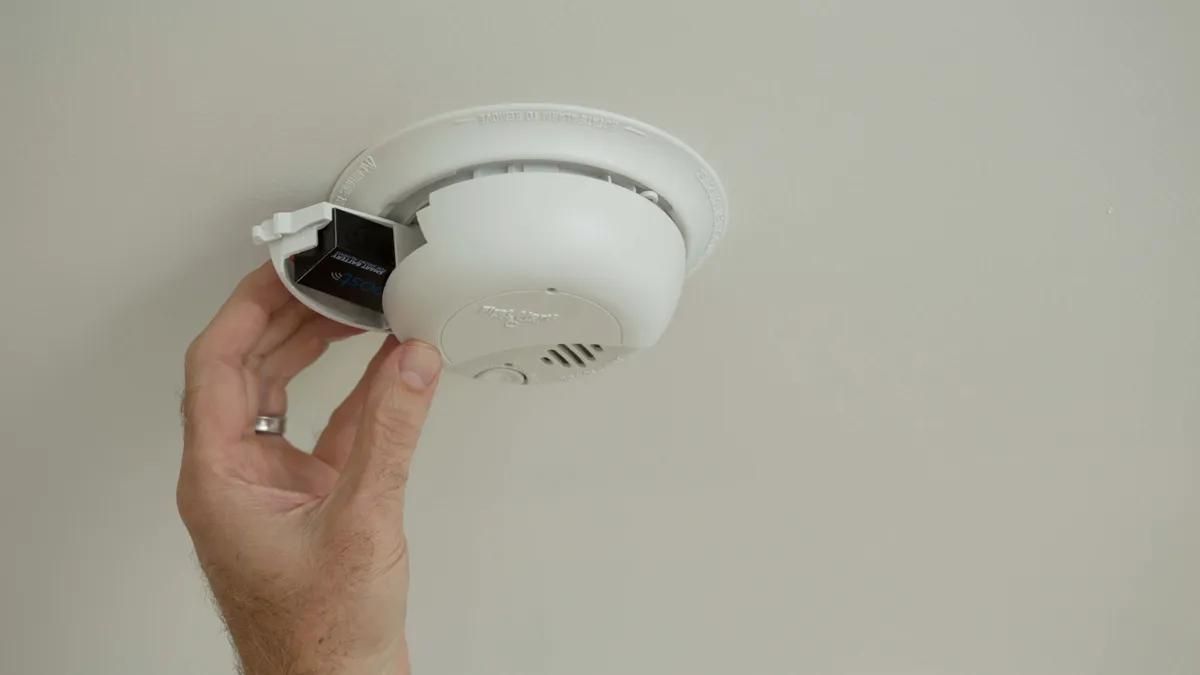
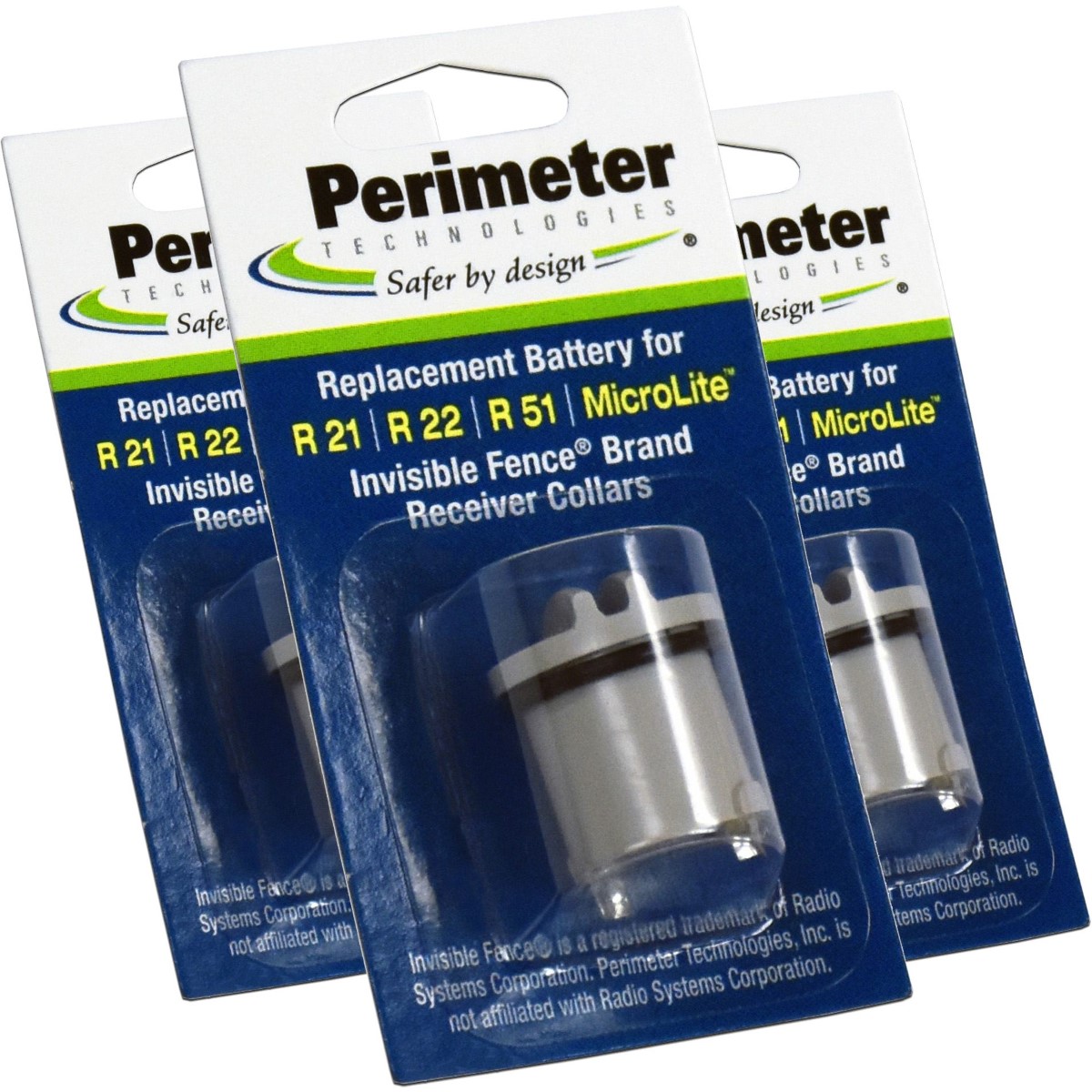

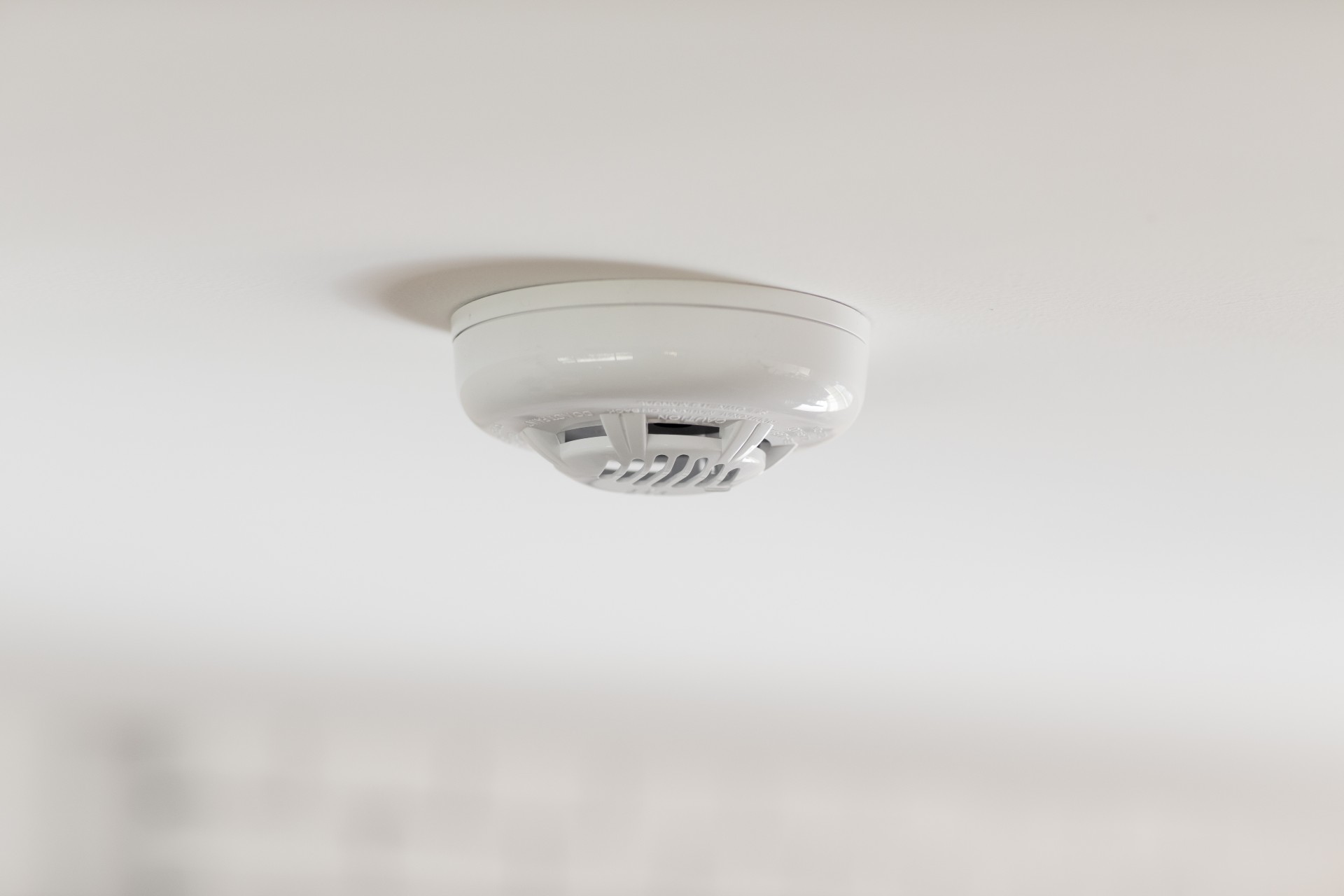

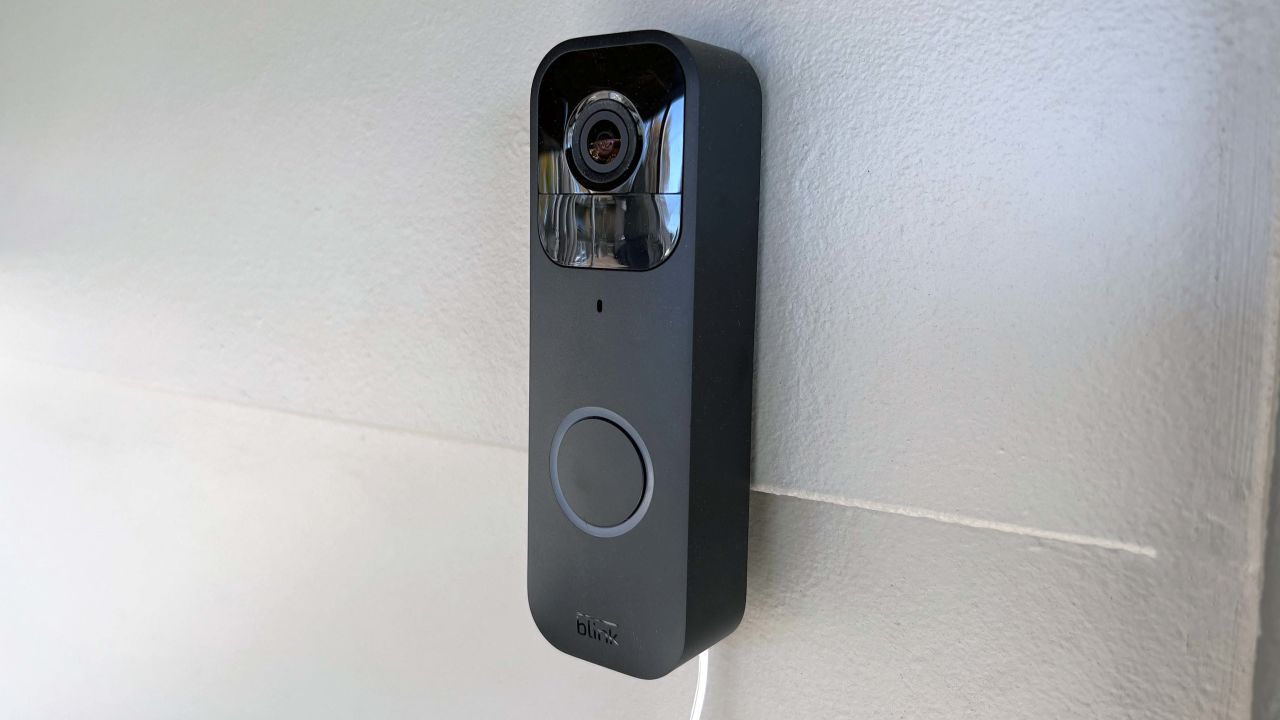

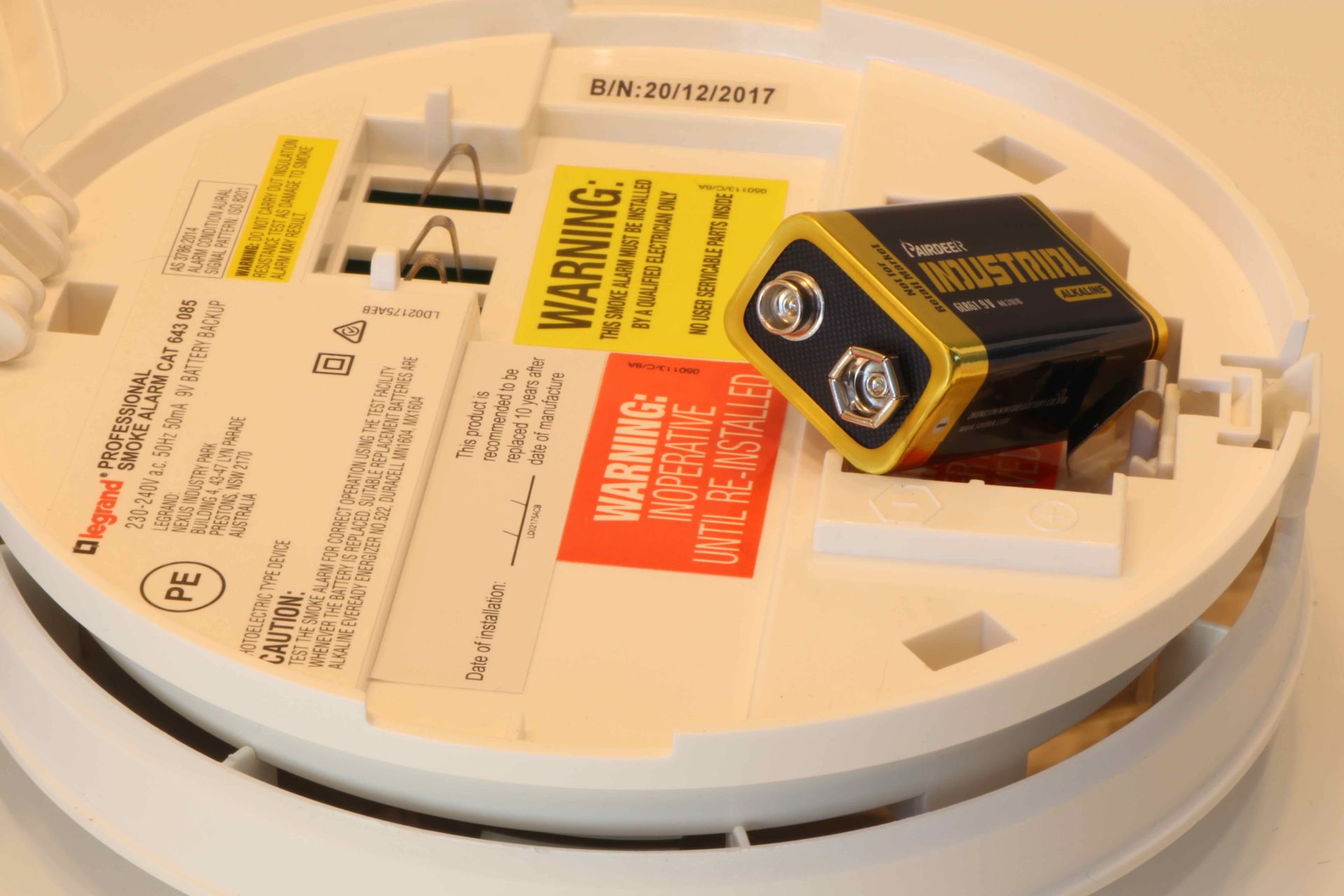
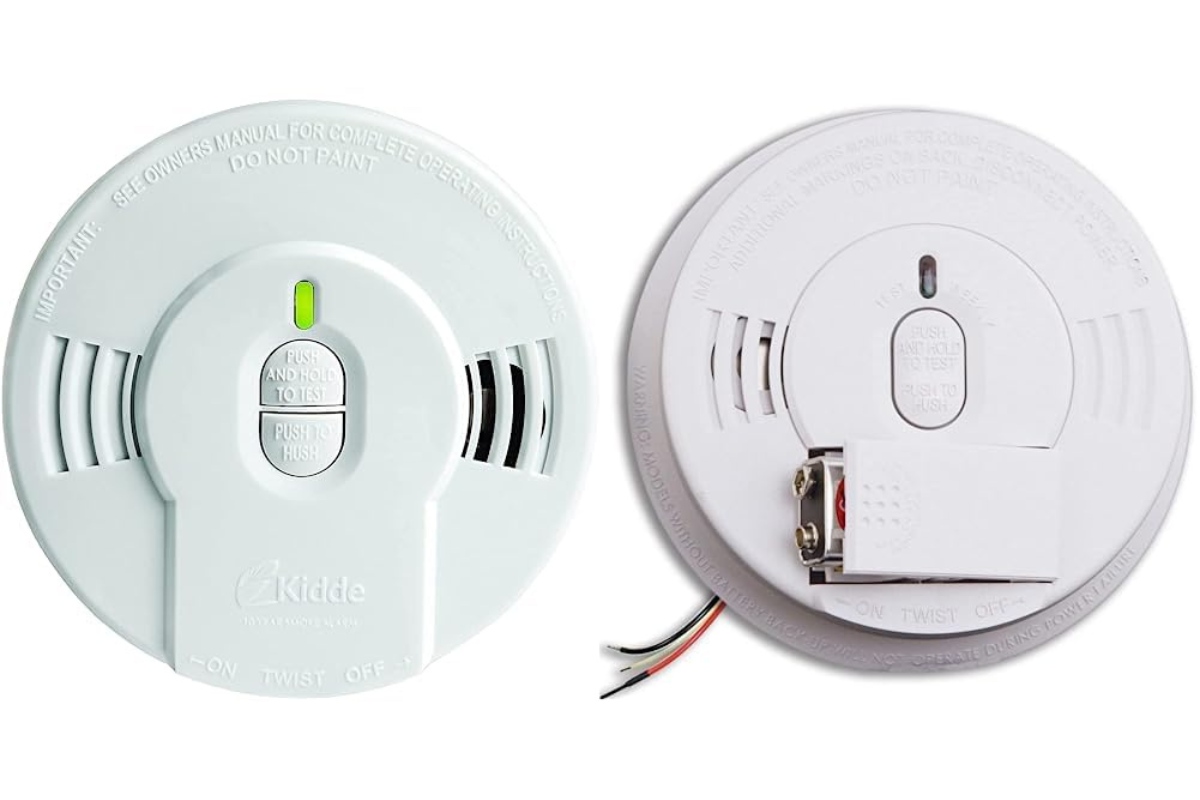
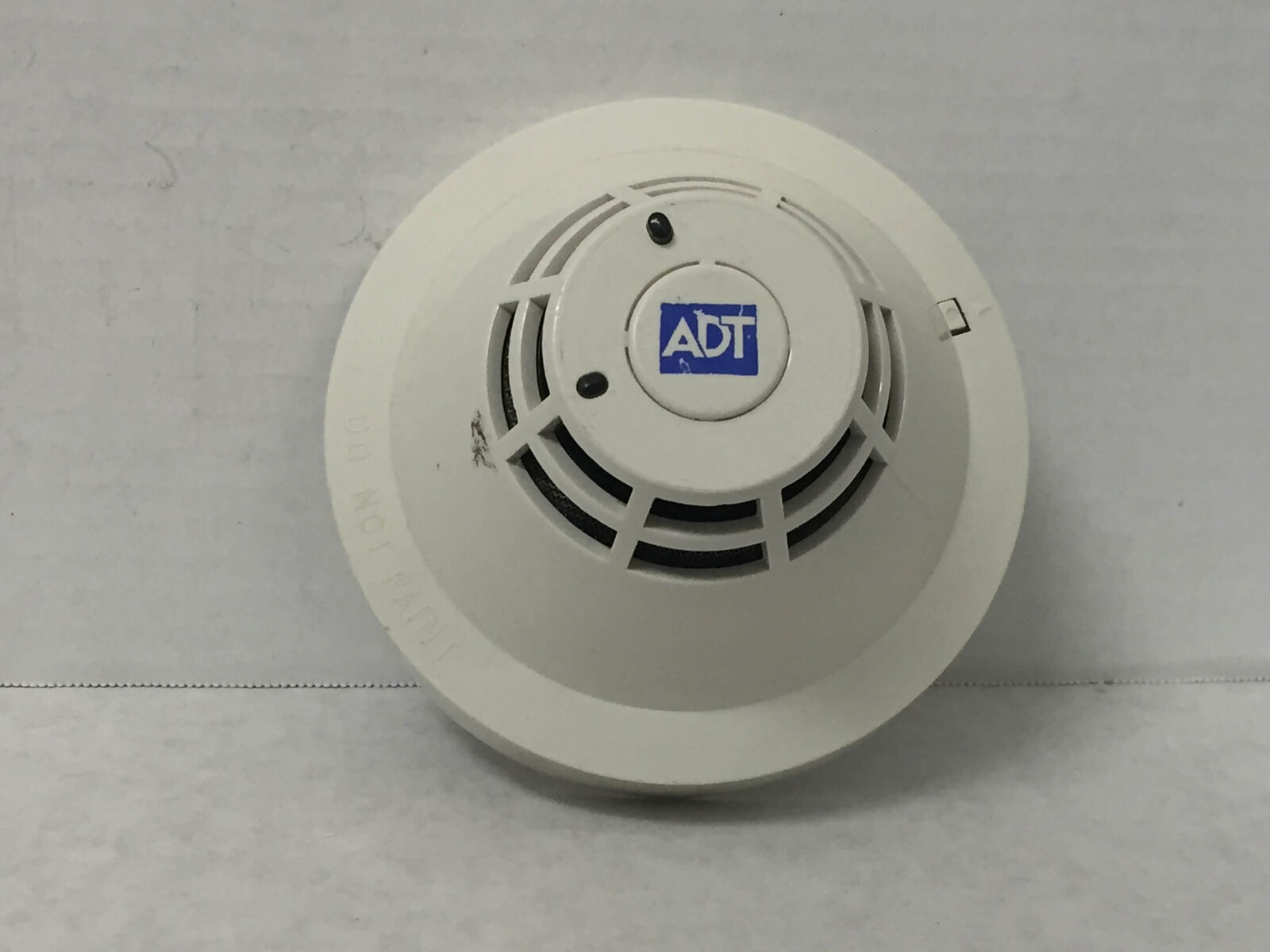
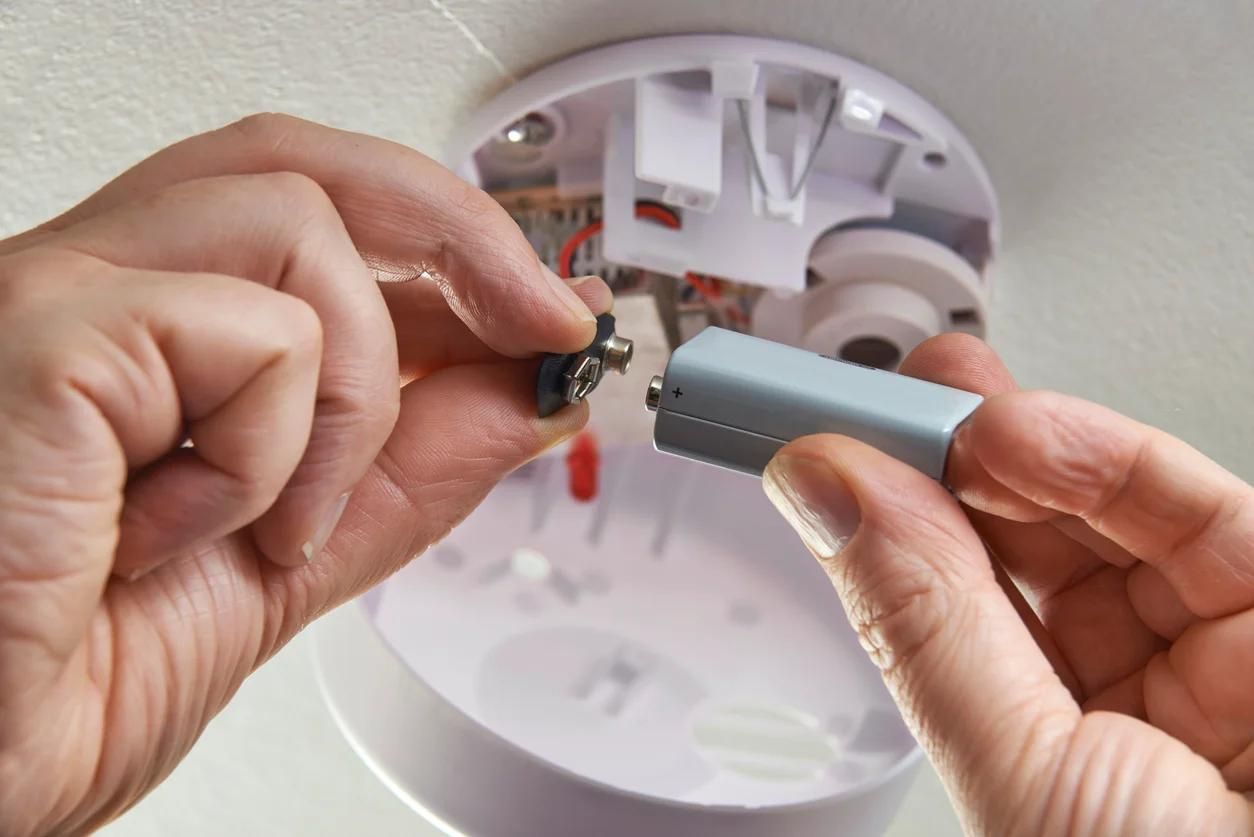
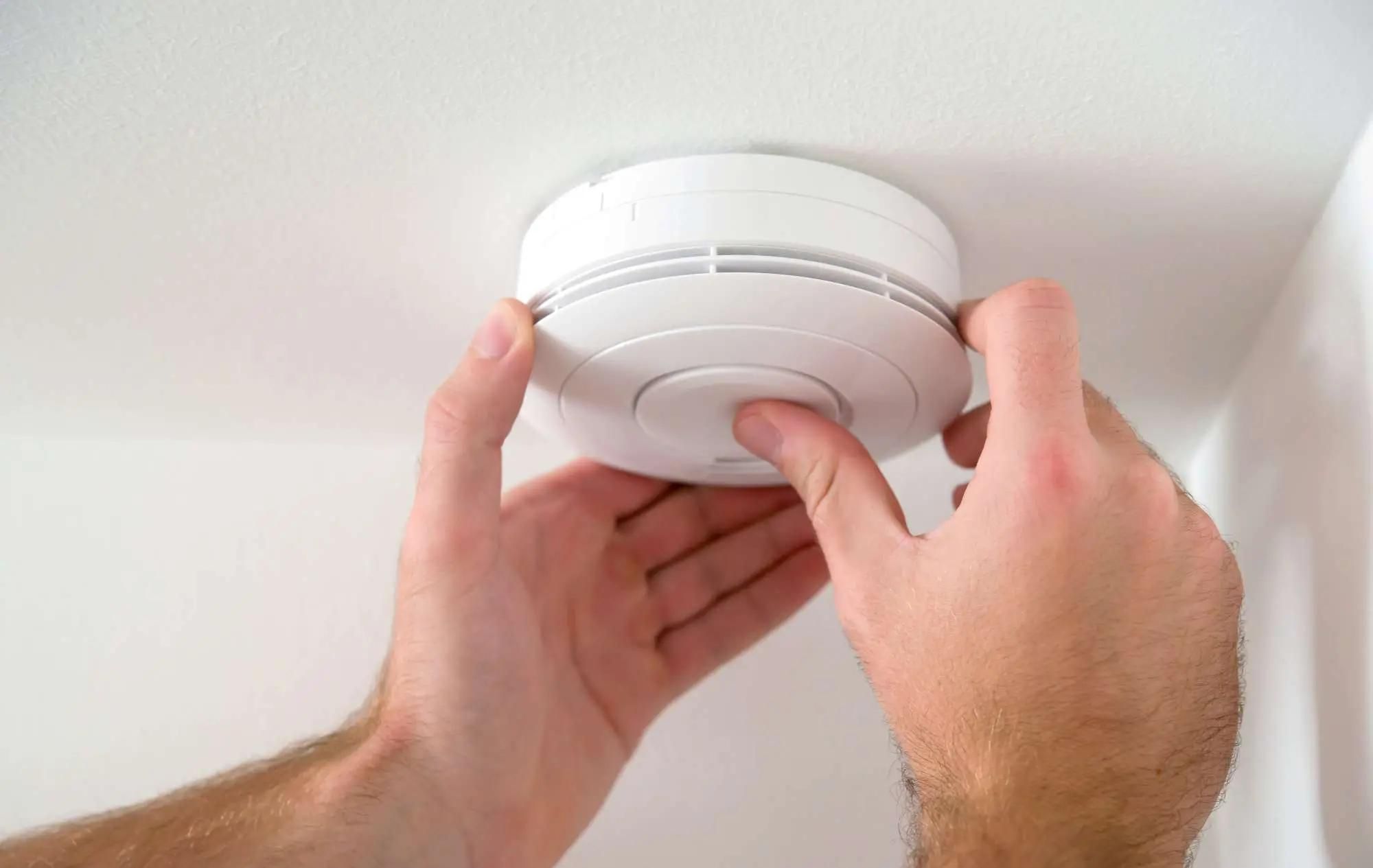
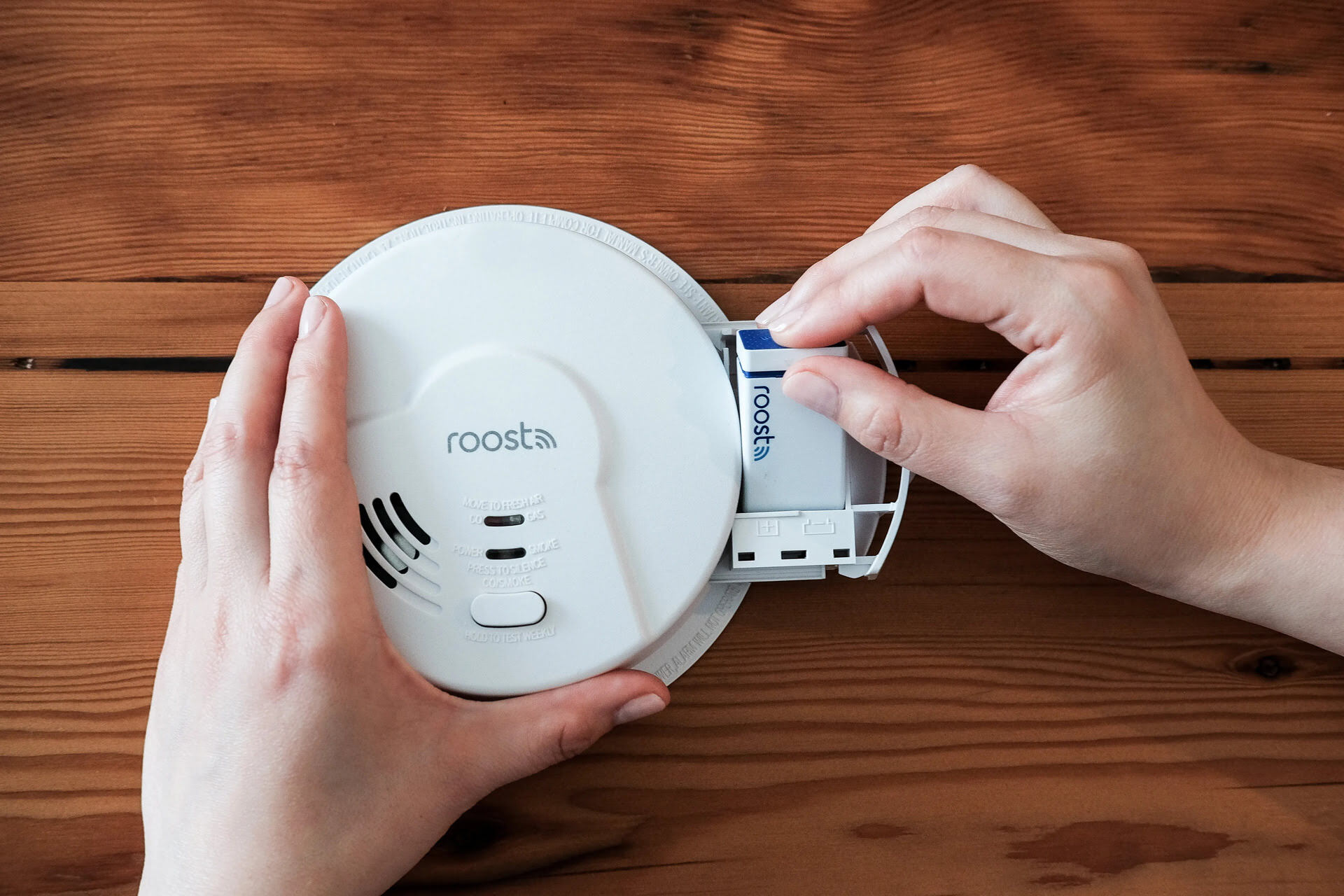
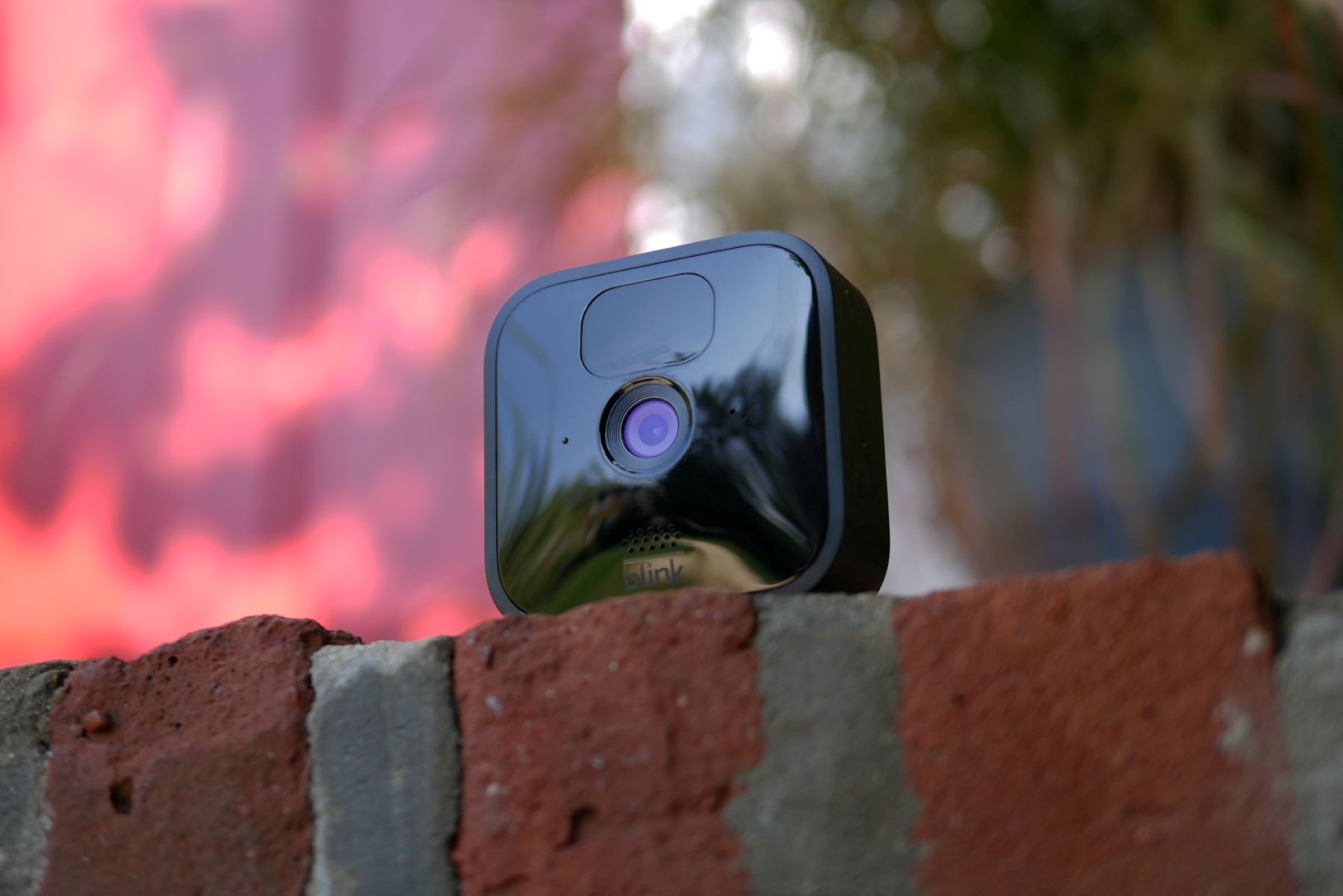

0 thoughts on “How Long Do Batteries Last In A Smoke Detector?”